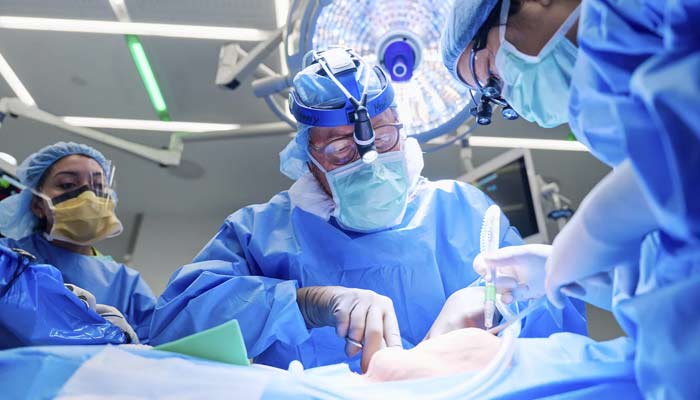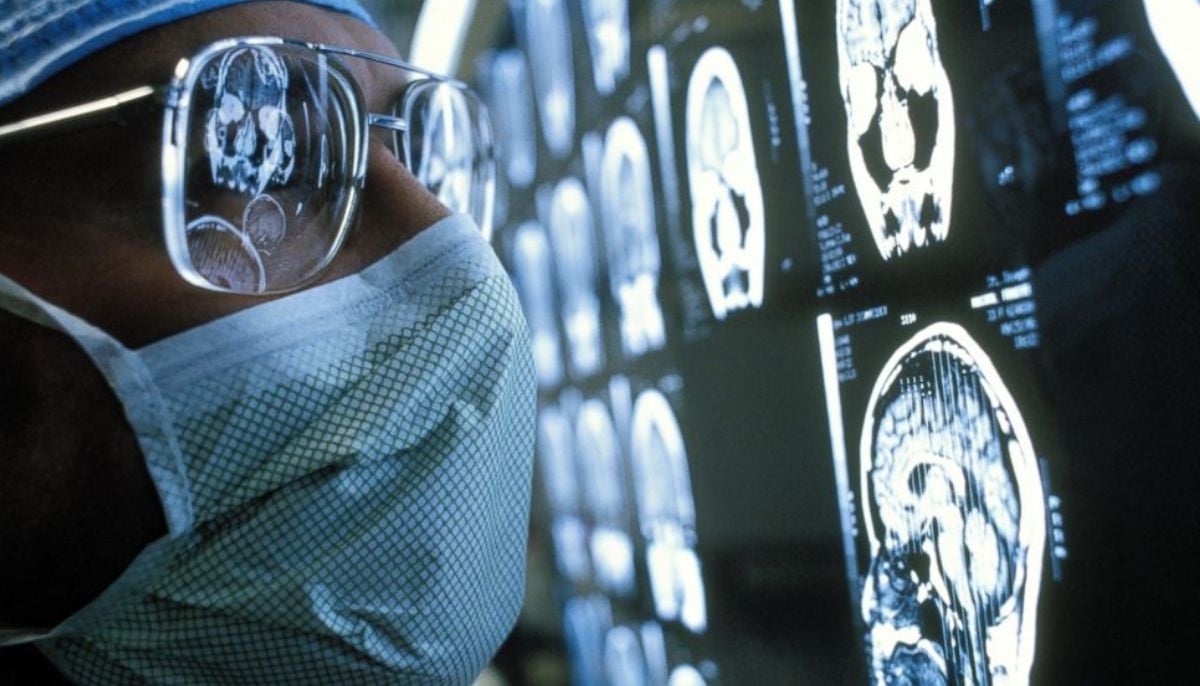NYU doctors successfully perform first-ever combined heart pump, pig kidney transplant
First-ever heart pump and gene-edited pig kidney transplant helps woman with heart, kidney failure
Surgeons from the New York University Langone Health performed a combined mechanical heart pump and gene-edited pig kidney transplant for the first time for a 54-year-old woman with heart and kidney failure that required routine dialysis.
New Jersey native Lisa Pisano was not a candidate for a human transplant.
"I was pretty much done," Pisano told CBS News. "I couldn't go up the stairs. I couldn't drive. I couldn't play with my grandkids. So when this opportunity came to me I was taking it."
Dr Robert Montgomery, NYU Langone Transplant Institute director, said she is currently "doing very well" in recovery.
Pisano's surgery, that took place earlier this month, is only "the second known transplant of a gene-edited pig kidney into a living person," and "the first to include the pig's thymus gland to aid against rejection," the hospital said.
The transplant surgery took place eight days after the heart pump — a left ventricular assist device or LVAD — was implanted.
This comes a month after surgeons at Boston's Massachusetts General Hospital transplanted a pig kidney into 62-year-old Rick Slayman, marking the first successful procedure of its kind in a living human patient in the world.
Scientists are using genetic modification to better match animal organs to humans to counter rejection issues with animal-to-human transplants, or xenotransplantation.
"The human immune system rejects organs from animals, but Dr Montgomery and his team used a pig kidney with one gene altered to make it more compatible," LaPook explains.
LaPook adds this procedure was done under the Food and Drug Association's "compassionate use" protocol.
"So it's not approved yet — but what an amazing technological tour de force," he said.
-
Gigi Hadid talks about 'relieving tension' amid having Hashimoto's disease
-
Selena Gomez explains why she thought lupus was 'life-or-death'
-
How Kim Kardashian made her psoriasis ‘almost’ disappear
-
Nick Jonas gets candid about his type 1 diabetes diagnosis
-
Sir Jackie Stewart’s son advocates for dementia patients
-
5 celebrities you didn't know have experienced depression
-
Late James Van Der Beek inspires bowel cancer awareness post death
-
Bella Hadid talks about suffering from Lyme disease












